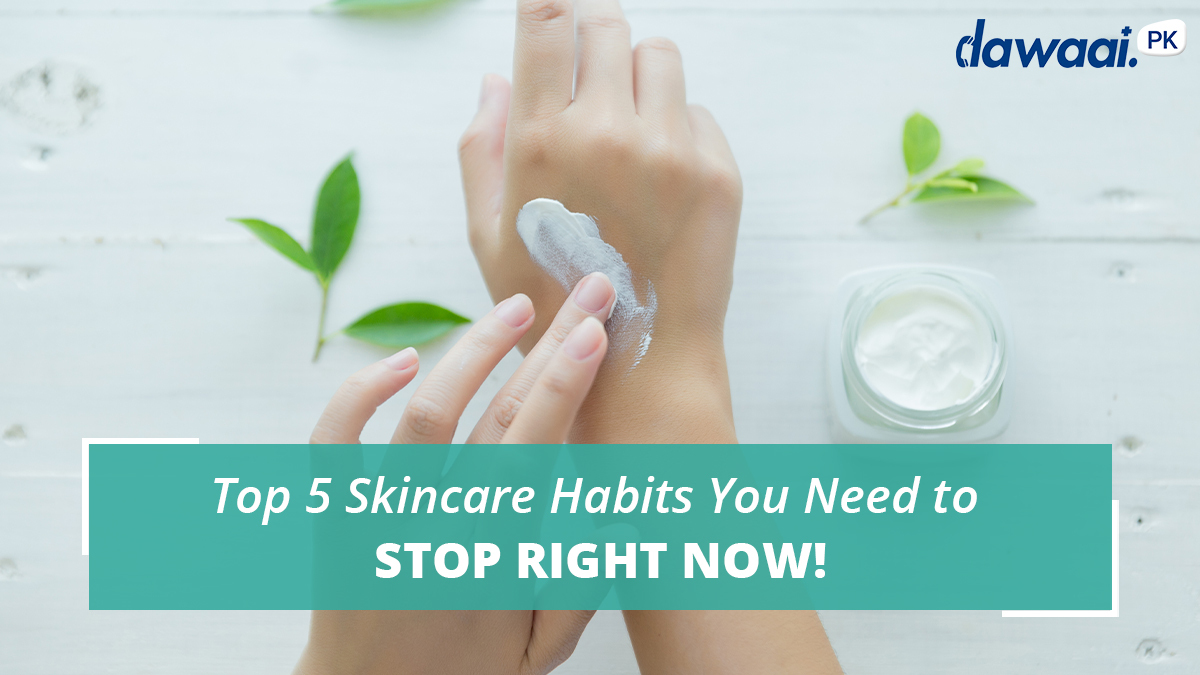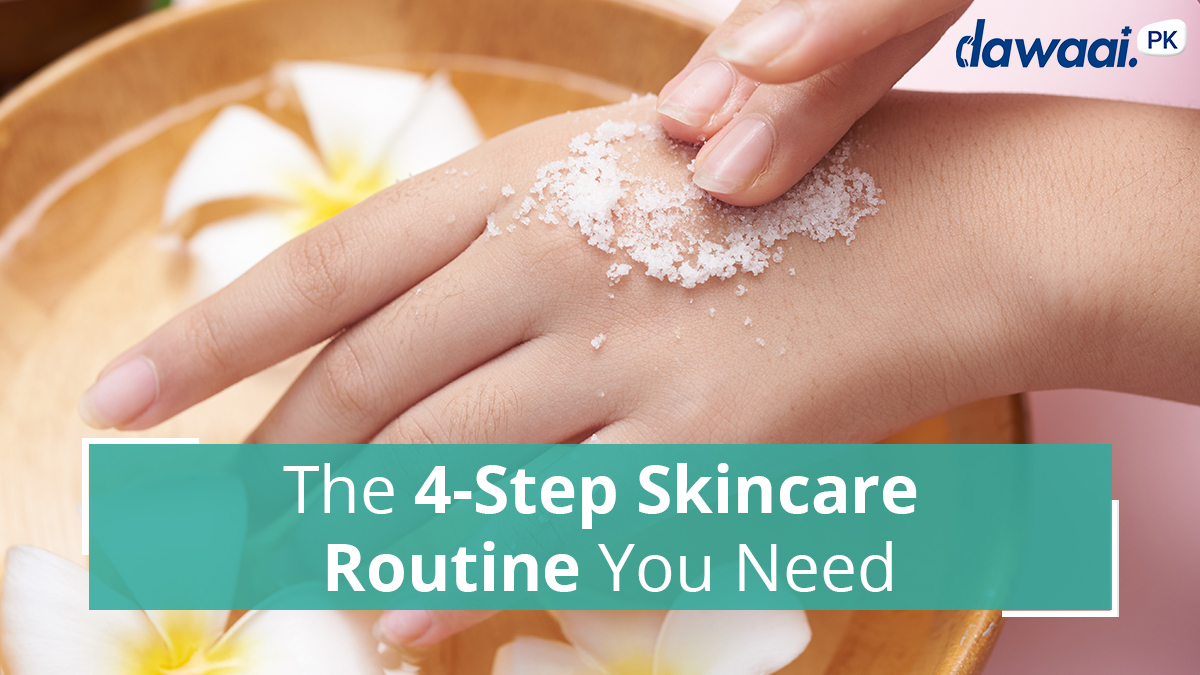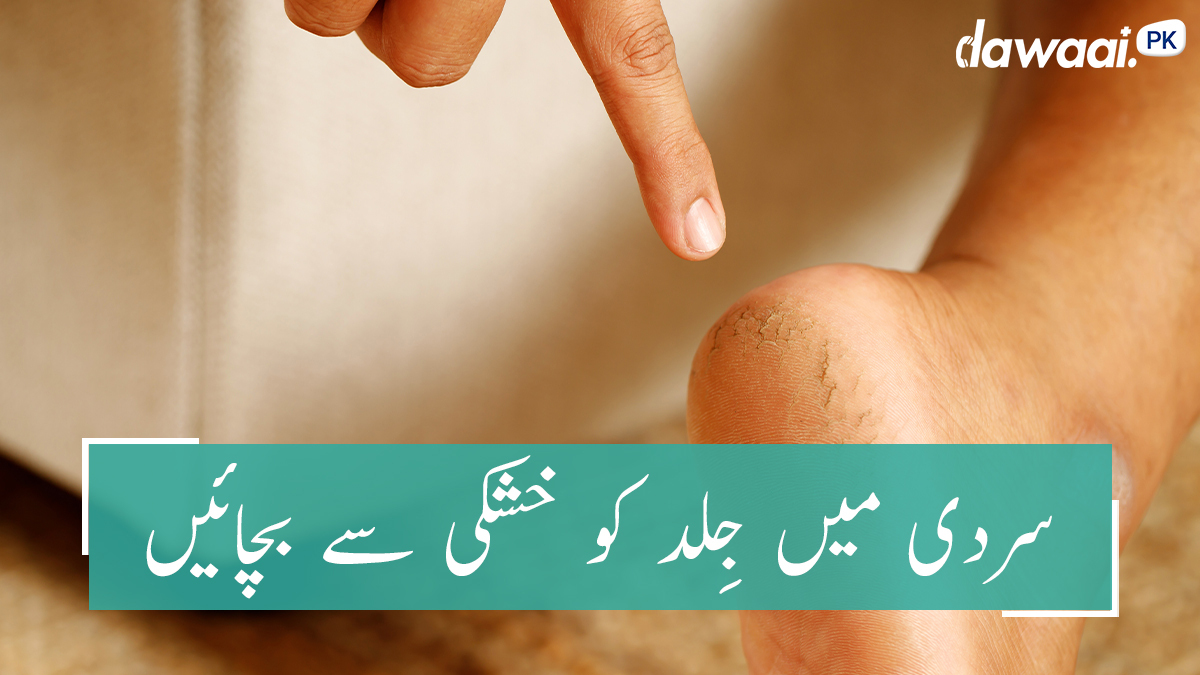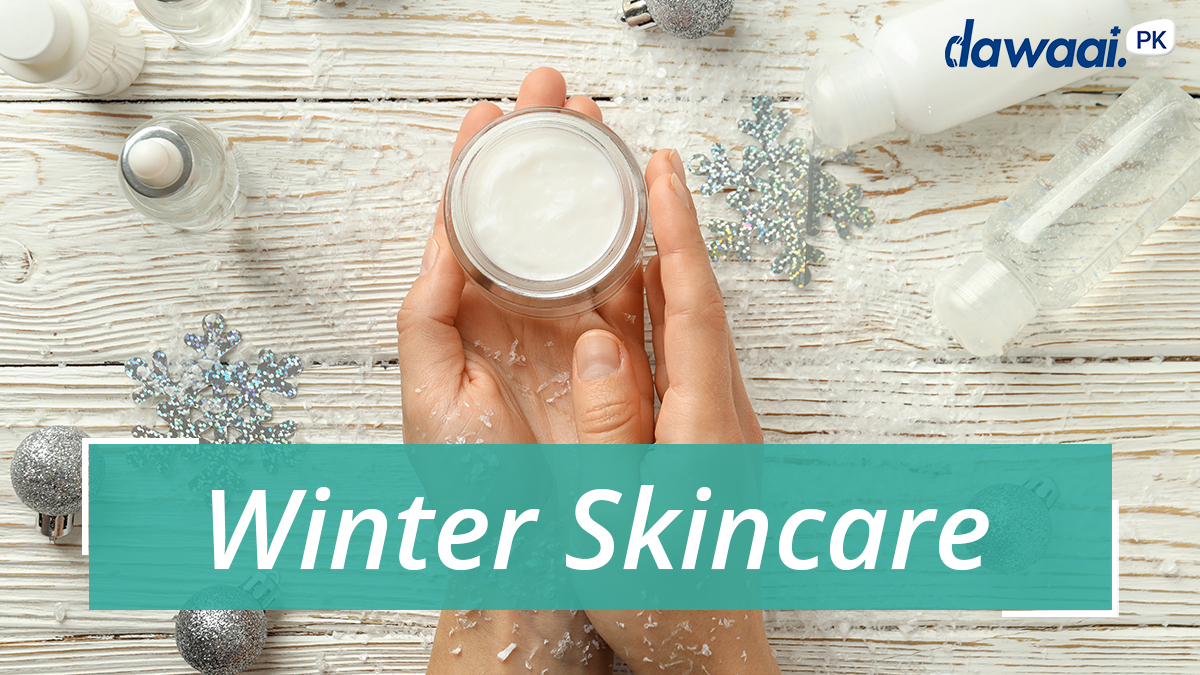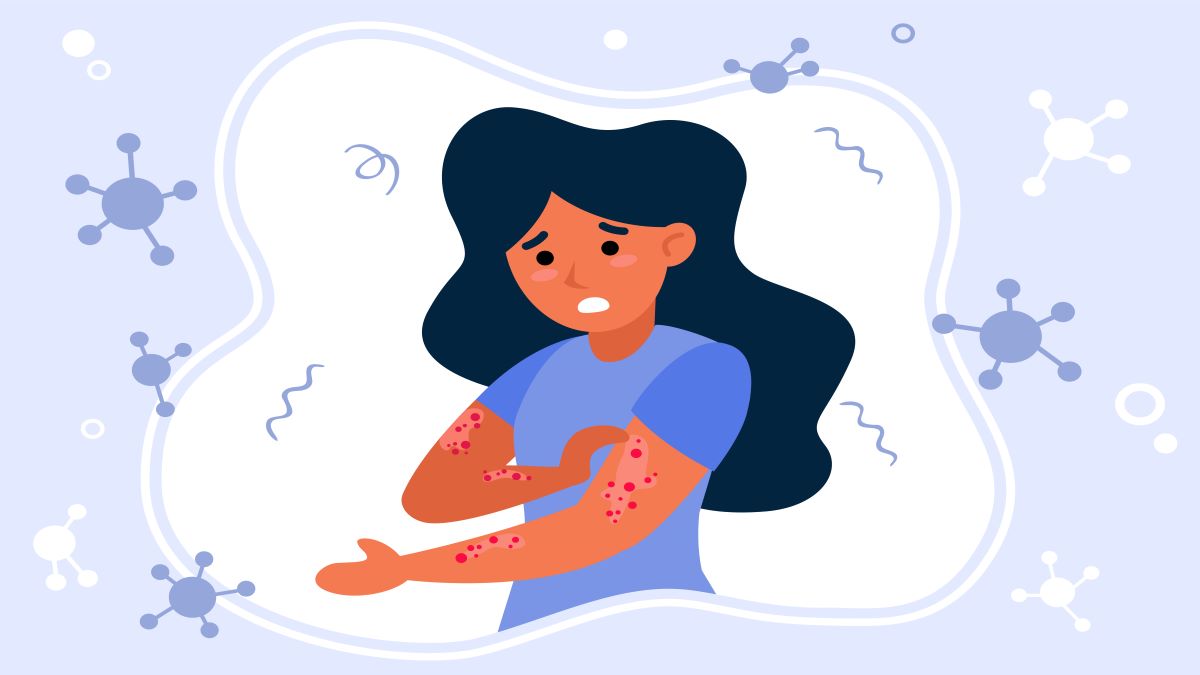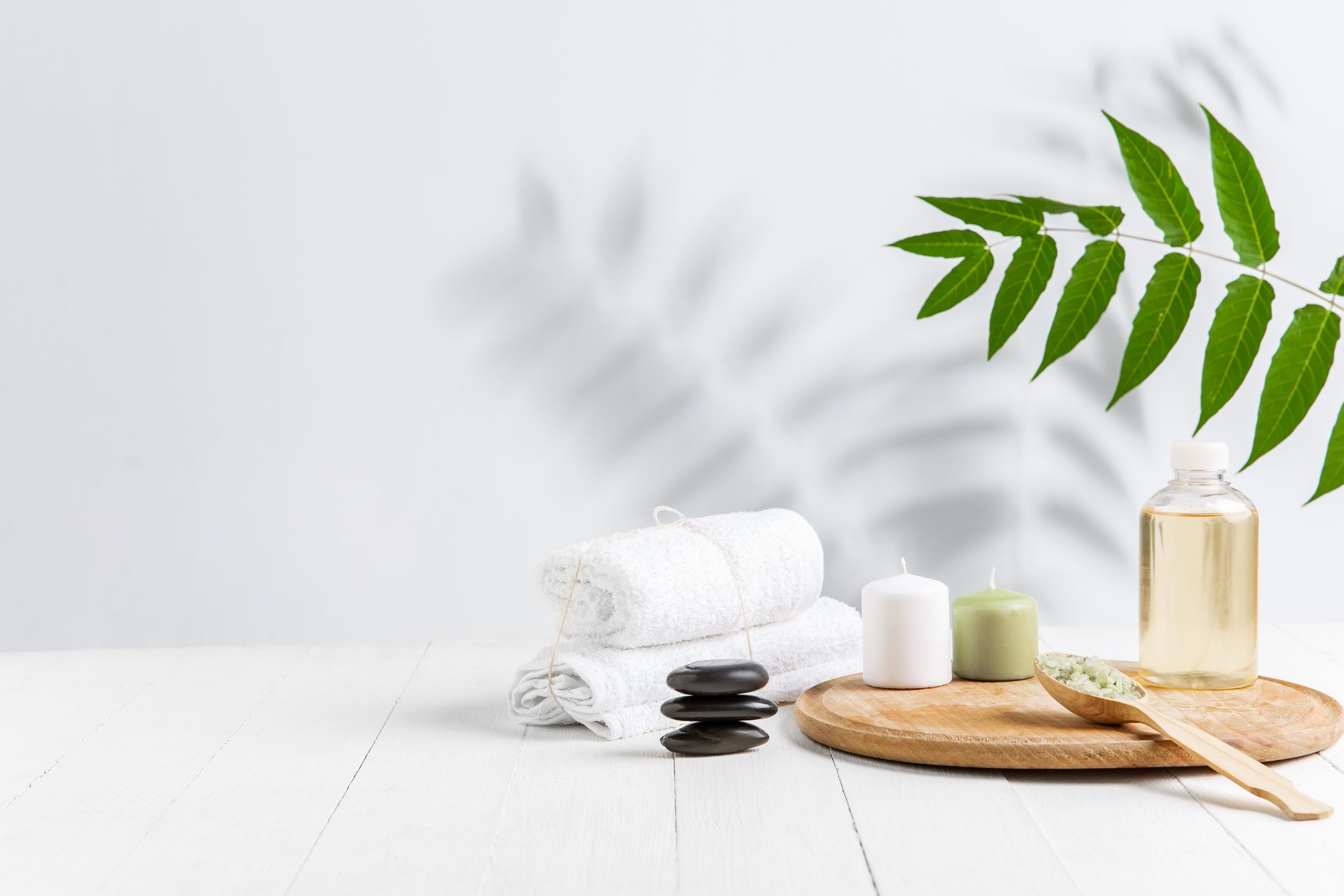Medically reviewed by Dr. Unsa Mohsin.
It is wonderful to be giving your skin attention, but amid the plethora of information out there, are you doing it right? Let’s find out.

While it’s not the best conversation starter, chances are you share something with the majority of people you meet: you’ve both probably dealt with acne at some point. Approximately 80% of people between the ages of 11 and 30 struggle with acne, making it extremely common in both teens and adults.
Acne – What Is It?
Acne affects both adults and adolescents. It is caused by a clogged skin pore. In the skin, a pore is the visible portion of a pilosebaceous unit. Each unit contains a sebaceous gland, a hair follicle, and a canal. When dead skin cells trap oil as it travels up the hair follicle, bacteria flourish and acne forms. Puberty increases the body’s oil production, which results in acne. Acne is caused directly by excessive oil production, pore clogging by sticky skin cells, bacteria, and inflammation. Other indirect factors like hormones, stress, cosmetic products and a woman’s menstrual cycle can all have an effect on oil production.

Skincare habits you must stop immediately!
Being among the thing first thing one sees when they look at you, it’s only natural for you to faithfully try to treat your acne. But, are you still seeing new breakouts? Your skin care routine could be to blame. We present to you, 5 top skincare habits that can worsen your acne, that you need to stop immediately!
- Washing your face too often
Constantly washing your face throughout the day can irritate your skin and result in breakouts of acne. Excessive cleansing of the face can be just as damaging as not cleansing at all. If you wash your face too frequently, you can easily remove all of the beneficial oils that your skin requires to stay supple.
- Using a lot of cosmetics frequently
Certain cosmetics and a large number of skin and hair care products contain oil or other ingredients that can exacerbate acne breakouts. Acne may develop if you continue to use them. Use only cosmetics, sunscreen, and skin and hair care products that are labelled as “non-comedogenic” or say “will not clog pores”.
- Sharing makeup

To avoid acne, it is just not acceptable to share makeup, brushes, or makeup applicators. Even if you exclusively use non-comedogenic makeup, sharing can cause acne. While acne is not contagious, when you share makeup, the bacteria, oil, and dead skin cells that cause acne on other people’s skin can end up in yours. When you apply makeup to your skin, you run the risk of transferring their bacteria, oil, and dead skin cells to your skin. These substances have the potential to clog your pores, resulting in breakouts.
- Scrubbing your skin
You may be tempted to scrub your skin clean in order to get rid of acne. Don’t! Scrubbing can cause skin irritation, resulting in a flare-up of acne. Wash your face and other acne-prone skin gently. Use a gentle, non-comedogenic cleanser. Use your fingertips to gently apply the cleanser in a circular motion. Using only your fingers, gently rinse it off with warm water. - Popping and squeeze breakouts
When you pop or squeeze acne, you’re likely to force some of the pus, dead skin and bacteria substance deeper into your skin. This results in an increase in inflammation. This can result in more visible acne, as well as scarring and pain.
However, regardless of what society may tell you about your skin, you can still live a healthy and beautiful life with acne. As much as we wish we didn’t have to worry about our skins, we can. We should be grateful for the transformation in the conversation about acne. Each morning, wake up with the intention of loving yourself. You may have bad skin days, good skin days, and eventually, acne-free days but remember that you are not alone and that it is okay.
Sanya.
References:
AAD, 2021. I have acne! is it okay to wear makeup? American Academy of Dermatology. Available at: https://www.aad.org/public/diseases/acne/causes/makeup.
Burton, K., 2014. When it is and is not okay to share makeup, plus bacteria-destroying tips. Beautylish. Available at: https://www.beautylish.com/a/vxnmj/makeup-sharing-truths.
Cleveland, 2020. Acne: Treatment, types, causes & prevention. Cleveland Clinic. Available at: https://my.clevelandclinic.org/health/diseases/12233-acne.
NIAMS, 2021. Acne. National Institute of Arthritis and Musculoskeletal and Skin Diseases. Available at: https://www.niams.nih.gov/health-topics/acne.
Santiago, C., 2020. 7 skincare mistakes you need to stop doing in 2020. COSMO.PH. Available at: https://www.cosmo.ph/beauty/skin/common-skincare-mistakes-a4462-20200205.
schaeferadvertising, 2020. Bringing a silent battle to the surface. Schaefer Advertising Co. Available at: https://schaeferadvertising.com/bringing-a-silent-battle-to-the-surface/.
